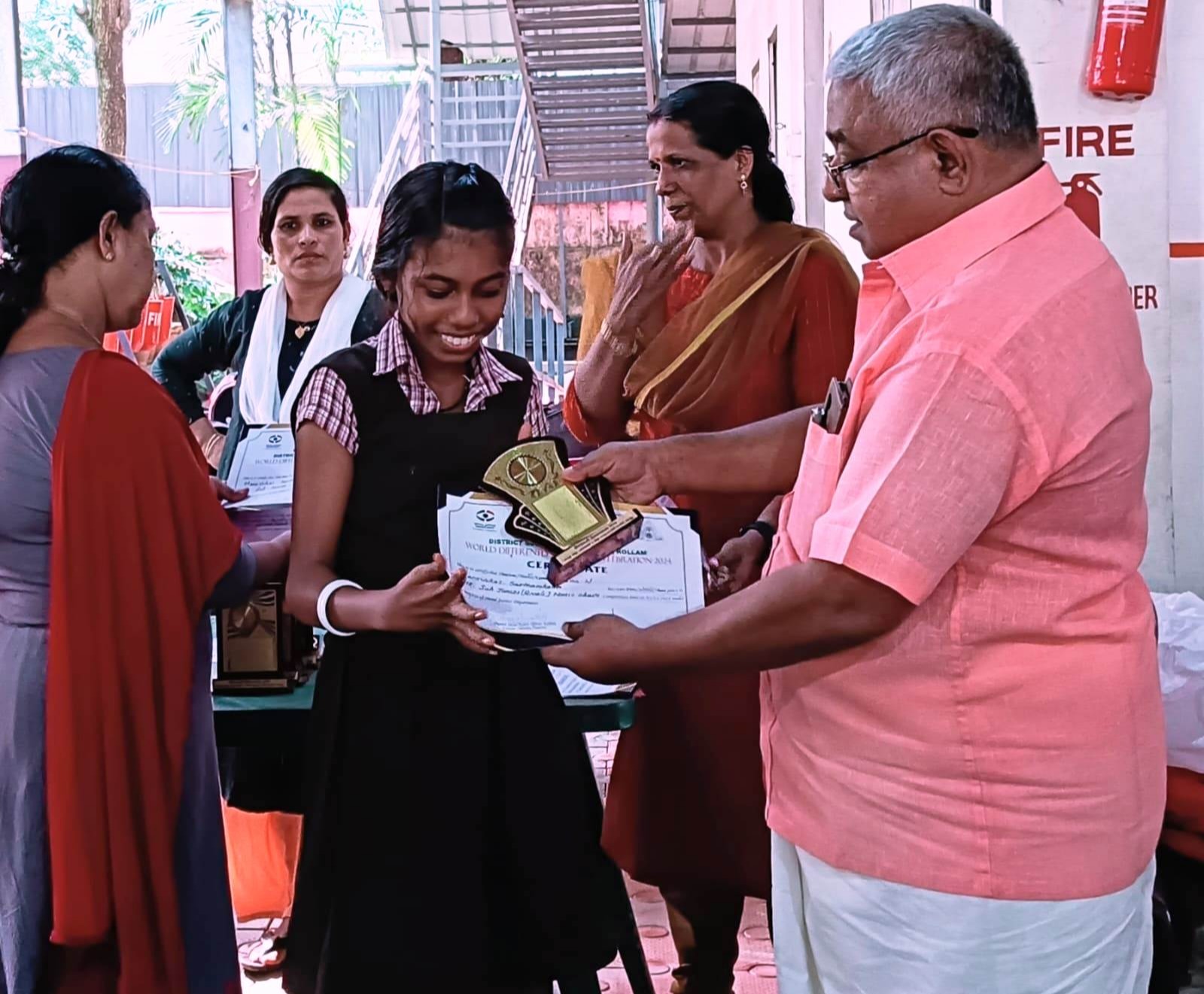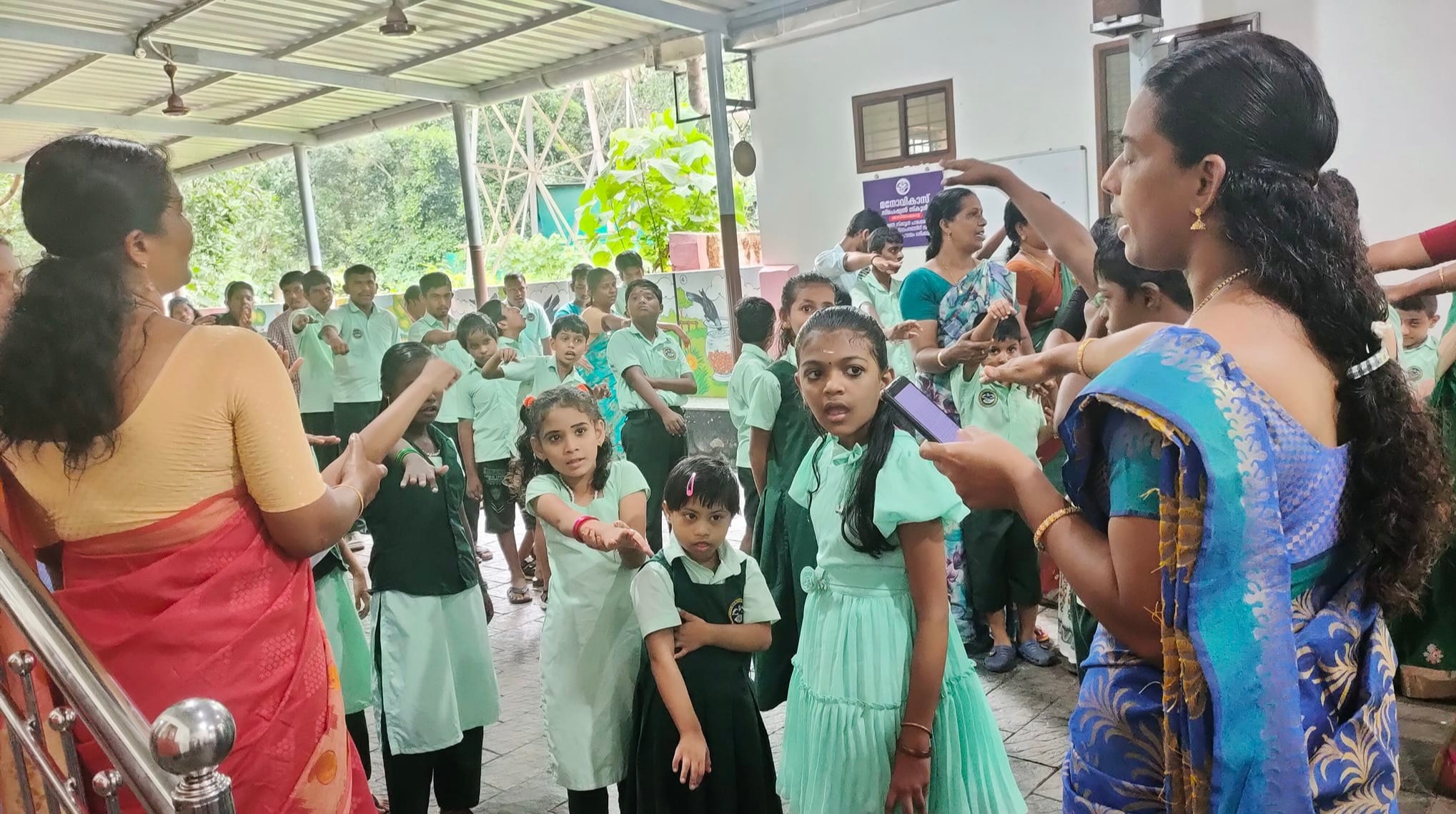
In an inspiring display of unity, compassion, and community spirit, children took the lead in a Dengue Fever Prevention Awareness Campaign organized by an inclusive educational institution. With bright eyes and determined voices, the students – including children with disabilities – gathered together under the guidance of teachers and healthcare professionals to take a collective pledge against the spread of dengue.
The event focused on educating students about the causes of dengue, particularly the dangers of stagnant water where Aedes mosquitoes breed. Through interactive sessions, the children learned simple yet impactful preventive measures, such as ensuring there is no water accumulation in and around homes, keeping surroundings clean, and covering water containers.
The highlight of the day was a pledge ceremony, where students, with arms extended and heads held high, promised to adopt hygienic practices and become community ambassadors for dengue awareness. The commitment resonated beyond the school grounds, as the children were encouraged to share this knowledge with their families and neighborhoods.
This awareness drive is part of a broader effort under Ayushman Bharat – India’s flagship public health initiative – aiming to promote preventative healthcare and empower citizens at the grassroots level. It also reflects the mission of the National Trust in fostering inclusion and participation among children with disabilities. By involving these young champions, the campaign sends a powerful message: “Health and hygiene are everyone’s responsibility, and every child can be a leader.”
Teachers played a pivotal role in facilitating the event, helping students understand the health risks posed by dengue and equipping them with the confidence to be vocal about disease prevention. The presence of healthcare professionals added credibility and provided scientific context to the practices being advocated.
What made this event particularly meaningful was the inclusive participation of children with special needs, demonstrating the strength of inclusive education systems. The school’s commitment to accessible and participatory learning allowed every child, regardless of ability, to engage fully and contribute meaningfully.
Activities included group discussions, role-play on identifying mosquito breeding grounds, slogan writing, and art displays on dengue awareness. The day culminated with students and staff marching through the school campus and surrounding areas holding placards and chanting slogans about keeping their environment clean and safe from mosquitoes.
Such community-led initiatives are essential for fostering a culture of health consciousness among the younger generation. When children take ownership of public health practices, they not only protect themselves but also influence behavioral change in their homes and communities.
This event serves as a model for how schools can be the epicenter of health promotion and social change. It proves that education is not confined to textbooks – it extends to shaping responsible, aware citizens who can inspire change beyond the classroom.
Other
Events .
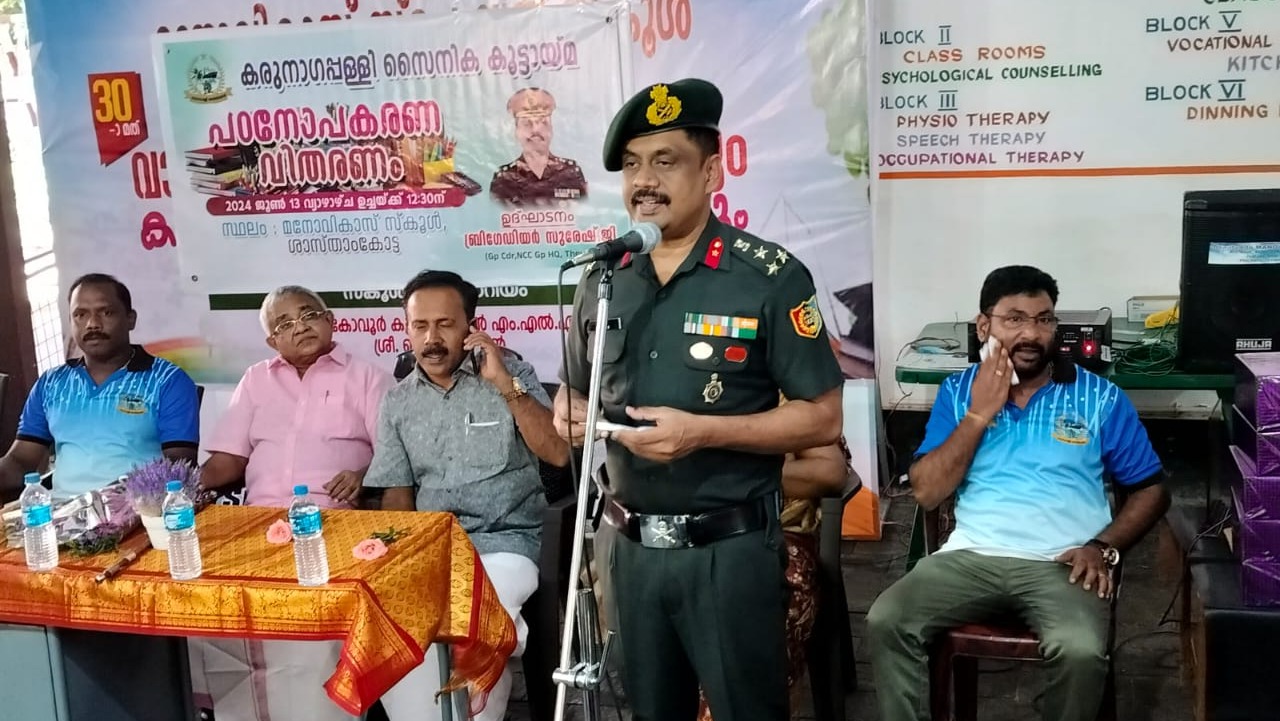
Visit by Brigadier Suresh G and Karunagapally Sainika Koottayma (KSK)
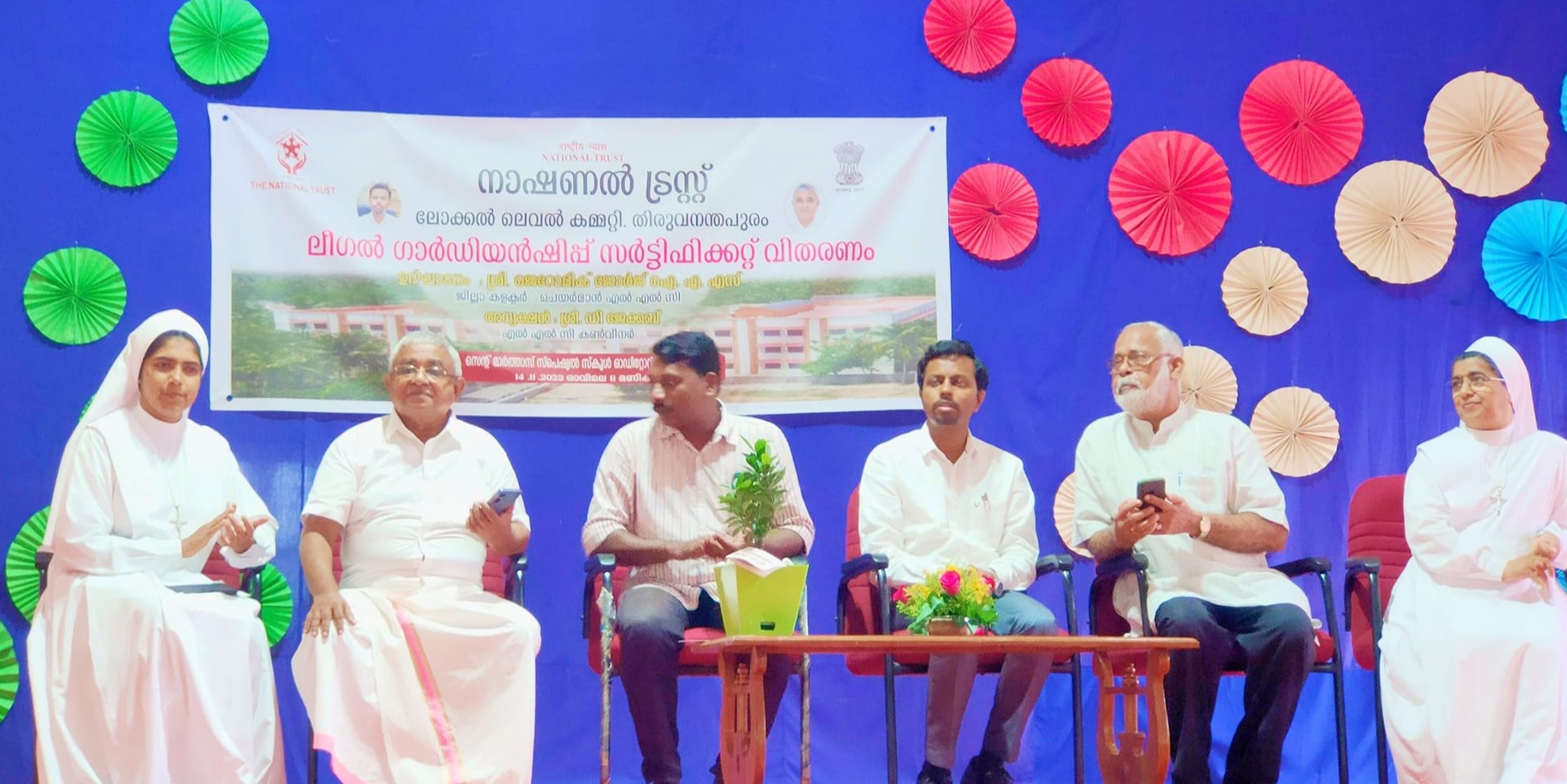
Legal Guardianship Certificate Distribution Ceremony
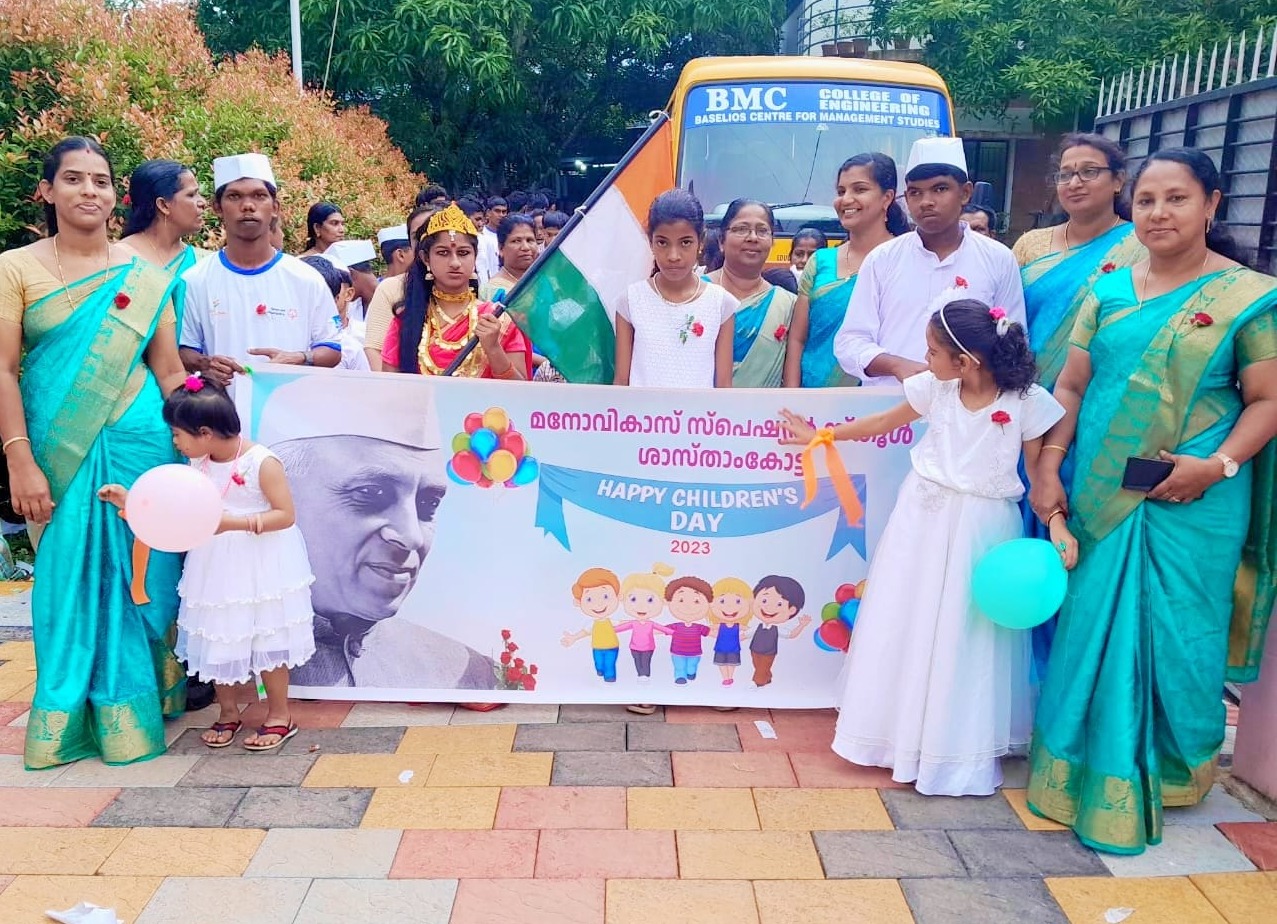
Children’s Day Celebration 2023
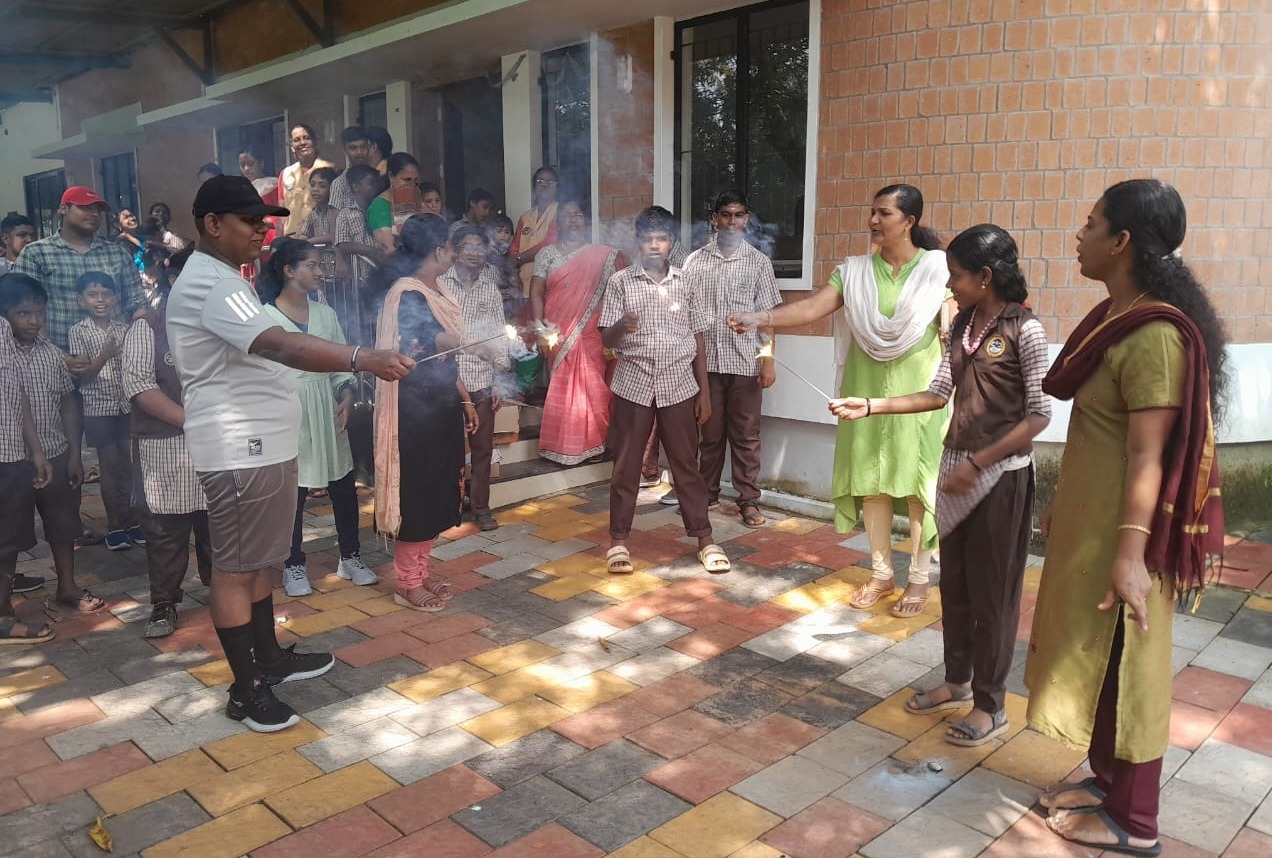
Diwali Celebration 2023
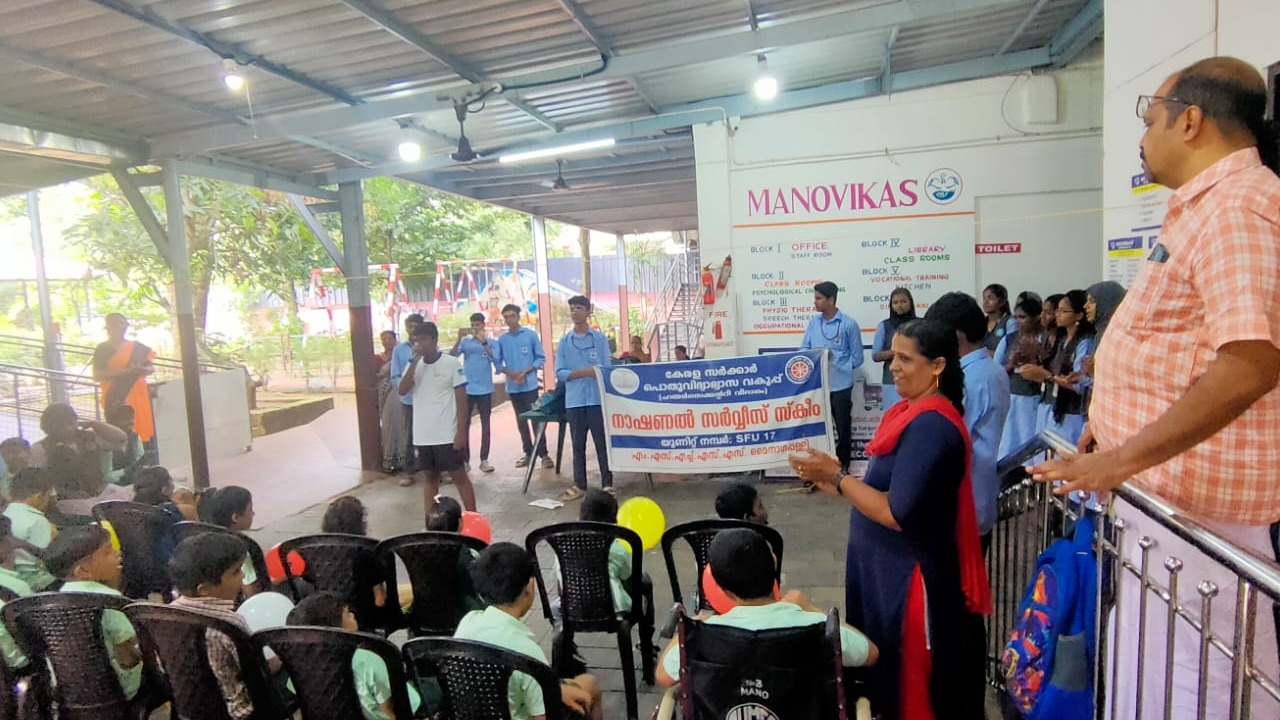
MSHHH Mynagappally School NSS Unit's Visit

Millath College Students' Visit to Manovikas Centre
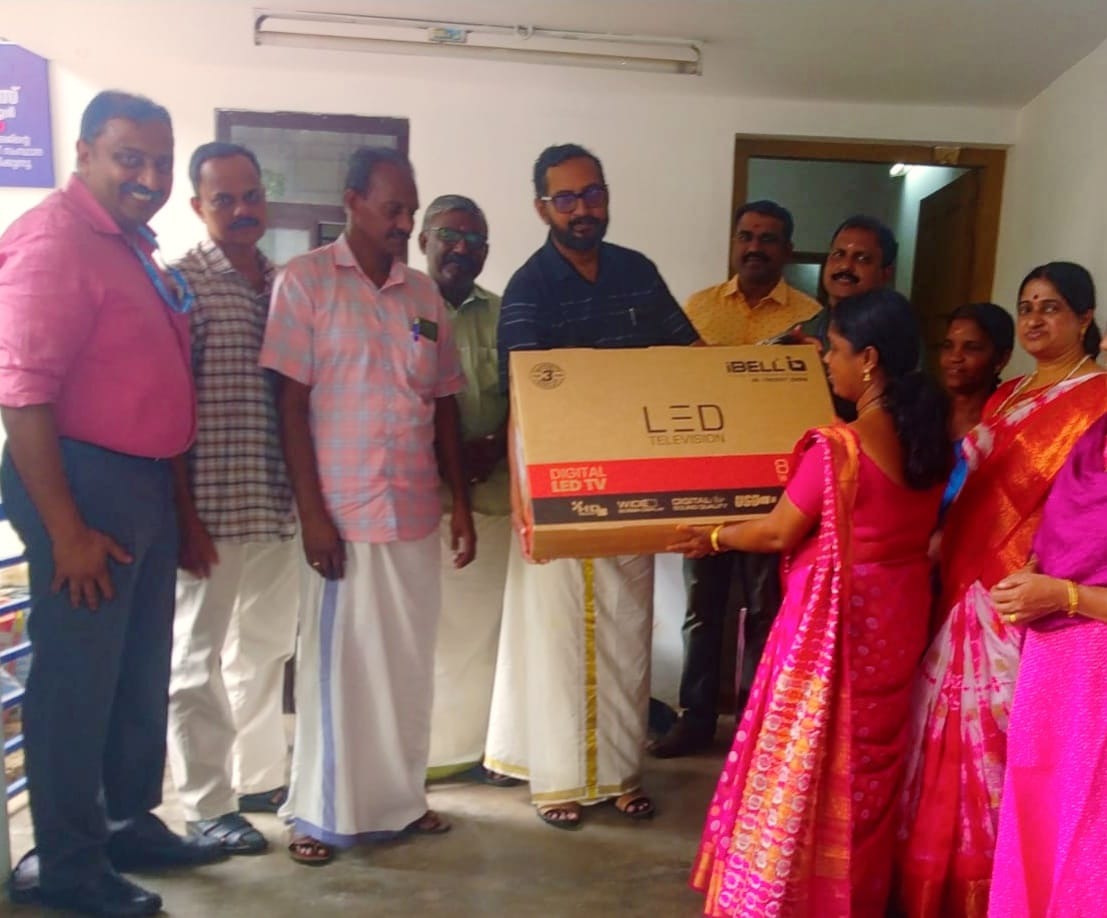
CSR Initiative: TV Donation to Puthur School
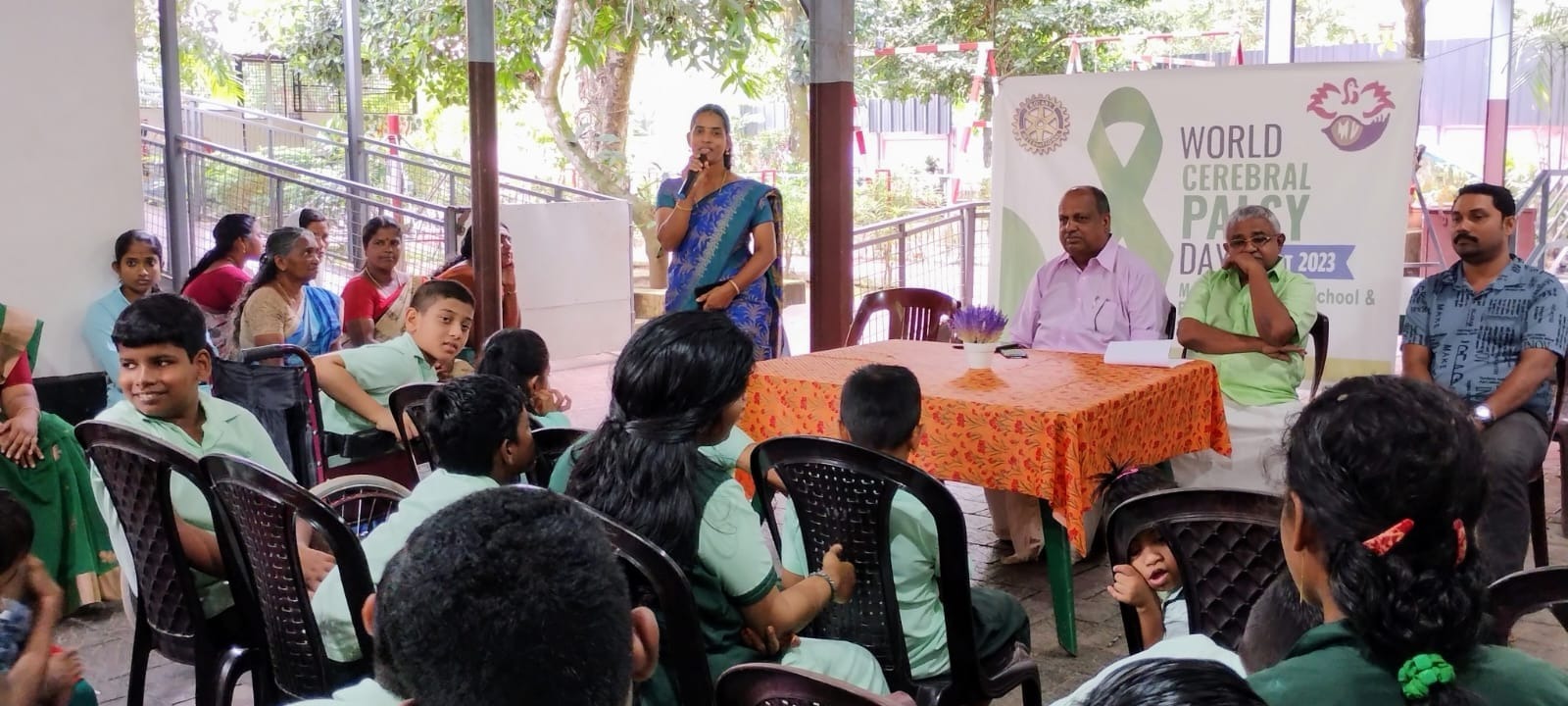
Empowering Voices on World Cerebral Palsy Day – 2023
